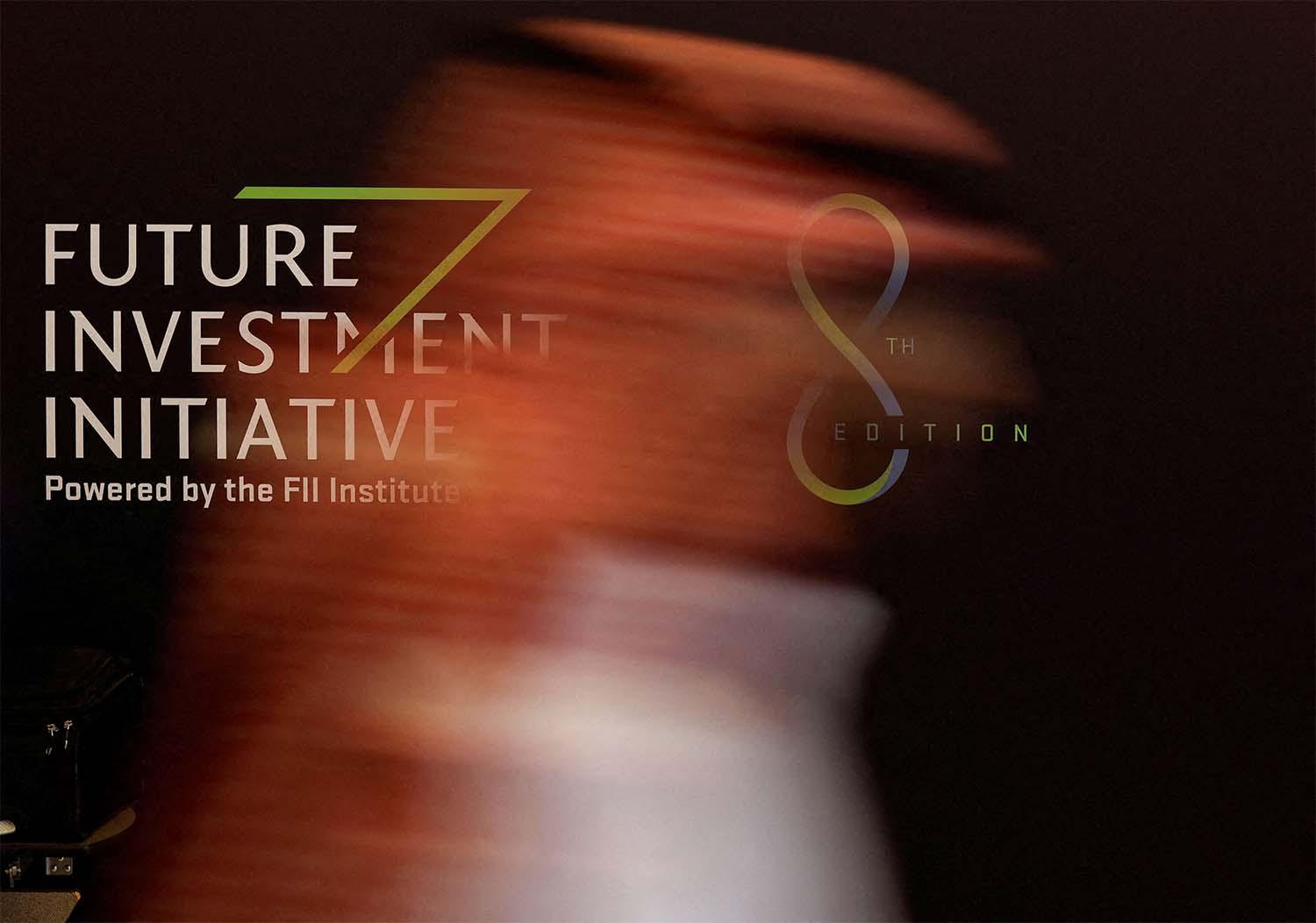
Saudi Arabia is intensifying its presence in Africa’s startup scene through a series of new investment commitments, the latest being a $250 million fund launched by the Mara Group at the 2024 Future Investment Initiative (FII) in Riyadh.
Developed in partnership with Startupbootcamp and Blend Financial Services, the fund targets growth-stage African startups and pre-IPO financing, focusing on key markets such as South Africa, Nigeria, Kenya, Côte d’Ivoire, and Egypt — regions that continue to attract the majority of venture capital on the continent.
A Strategic Investment Shift from Riyadh
The launch reflects Saudi Arabia’s evolving investment strategy, one increasingly directed toward emerging-market innovation rather than traditional extractive sectors. The initiative aligns with the Kingdom’s Vision 2030, which prioritises global economic diversification and technology-driven growth.
“Saudi capital is looking for scalable opportunities beyond oil, and African startups are now proving their resilience and potential,” said Ashish Thakkar, founder of Mara Group. “This fund bridges capital from the Middle East with Africa’s next generation of market leaders.”
Industry observers note that this type of growth-stage financing fills a long-standing gap in Africa’s investment landscape.
“Many African startups plateau after their Series A rounds due to limited access to later-stage capital,” explained Tomi Davies, president of the African Business Angel Network (ABAN). “A fund of this scale — especially one focused on IPO readiness — could transform the exit pipeline and investor confidence in African tech.”
Focus on Growth and IPO-Stage Companies
Unlike most early-stage venture funds, the new vehicle targets companies preparing for public listing or scaling into regional markets. This focus on pre-IPO financing could catalyse the emergence of more African listings on exchanges in Lagos, Nairobi, and Johannesburg — and possibly on international bourses.
In 2023, Africa’s “Big Four” markets — South Africa, Nigeria, Kenya, and Egypt — accounted for over 80% of the continent’s $1.79 billion venture funding, according to Partech Africa. However, most of that capital was concentrated in seed and early growth rounds.
“Scaling African startups from $10 million to $100 million valuations remains the hardest leap,” said Lexi Novitske, managing partner at Norrsken22, a pan-African growth fund. “Funds like Mara’s can help close that gap — particularly if they combine capital with strategic mentorship and governance.”
Regional Partnerships and Multi-Sectoral Impact
By partnering with Startupbootcamp, one of the world’s leading technology accelerators, and Blend Financial Services, an India-based investment advisory firm, Mara’s fund aims to deliver more than capital. It offers a structured platform for technical assistance, corporate partnerships, and investor readiness.
“This multi-partner model reflects a more sophisticated approach to ecosystem building,” said Rebecca Enonchong, founder of AppsTech and an advocate for African tech policy reform. “It blends Gulf liquidity with operational expertise — something Africa’s mid-stage startups have needed for years.”
Beyond technology, Saudi investors are also showing interest in industry, mining, and renewable energy, signaling a diversified investment appetite. The fund could thus act as a bridge between Africa’s innovation economy and the Gulf’s expanding global capital networks.
Broader Implications for Africa’s Venture Landscape
The growing engagement of Saudi and Gulf investors in Africa suggests a new financial geography — one that reduces dependence on Western capital markets and venture ecosystems.
According to analysts at Renaissance Capital, Middle Eastern investment in Africa has grown by more than 40% annually since 2020, with the Gulf Cooperation Council (GCC) now representing a “third pole” of development finance alongside the West and China.
“Gulf investors are increasingly viewing Africa not just as an aid destination, but as a frontier for value creation,” noted Youssef El-Khalidi, a regional economist at the Dubai Chamber of Commerce. “That shift is strategic — it’s about securing influence in high-growth sectors of the global South.”
As cross-regional partnerships deepen, the $250 million Mara fund could serve as a template for future collaborative vehicles linking African entrepreneurship with Middle Eastern capital.
For Africa’s most dynamic startups, this marks a potential inflection point: a move toward more structured, later-stage financing capable of fueling both scale and sustainability.
If successful, it could not only transform individual companies — but also redefine Africa’s position within the global investment architecture.

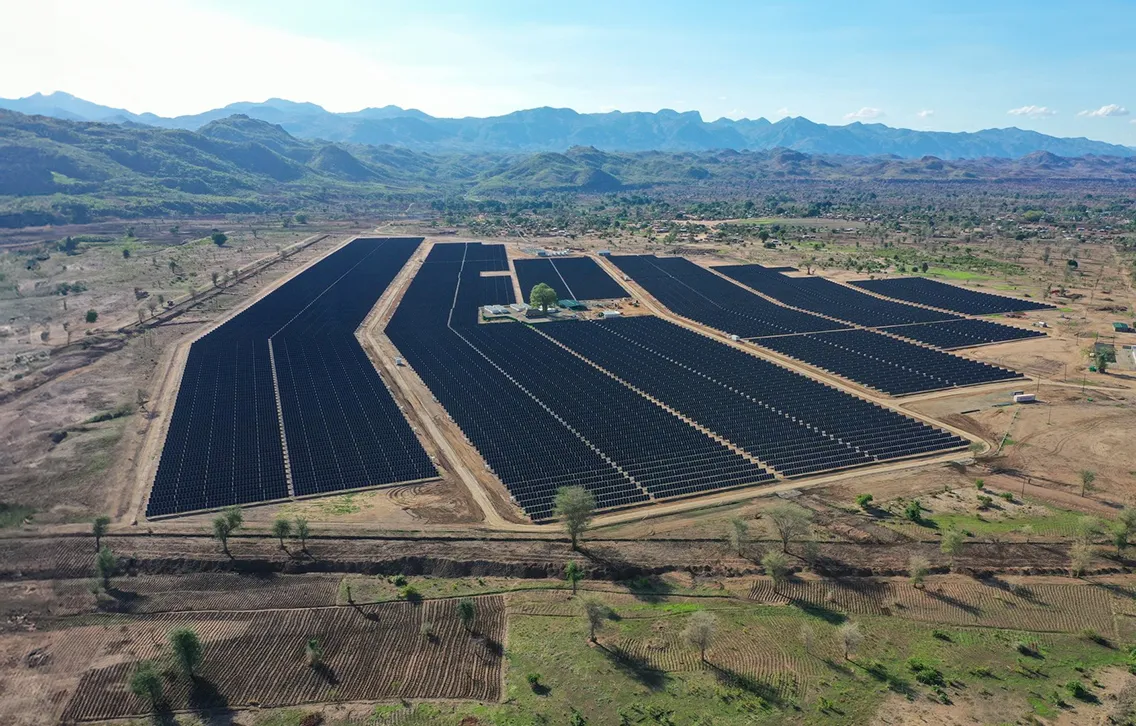
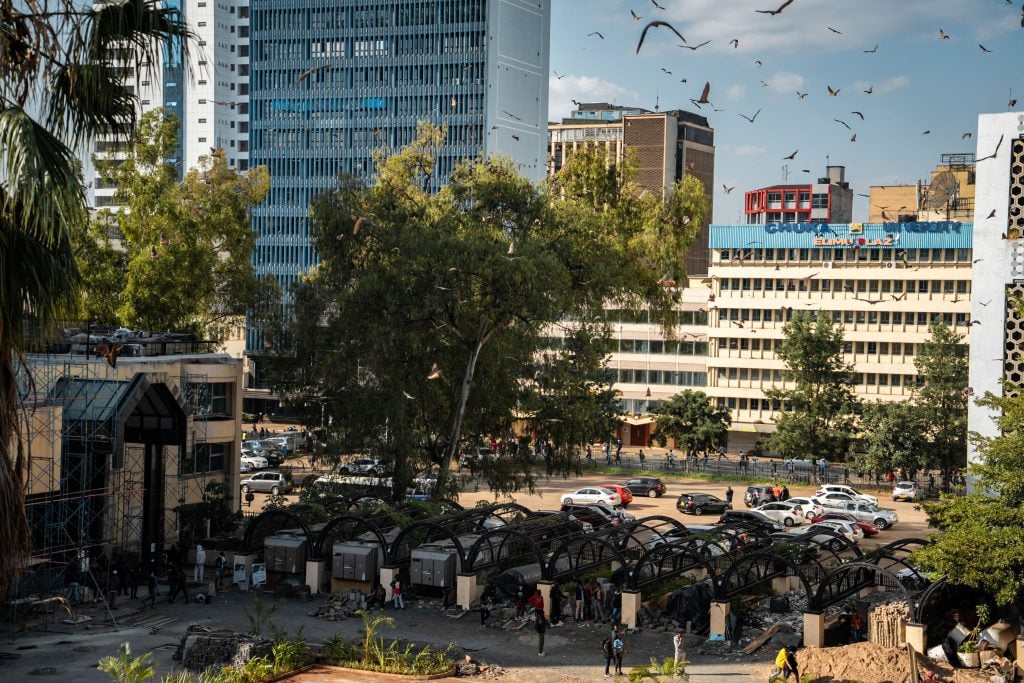
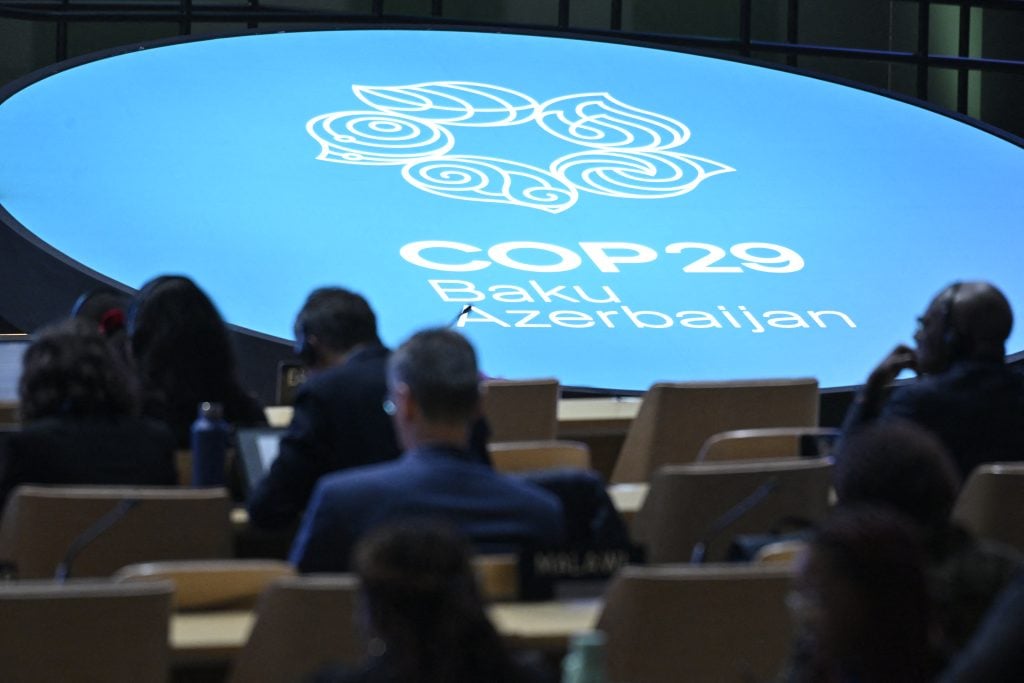
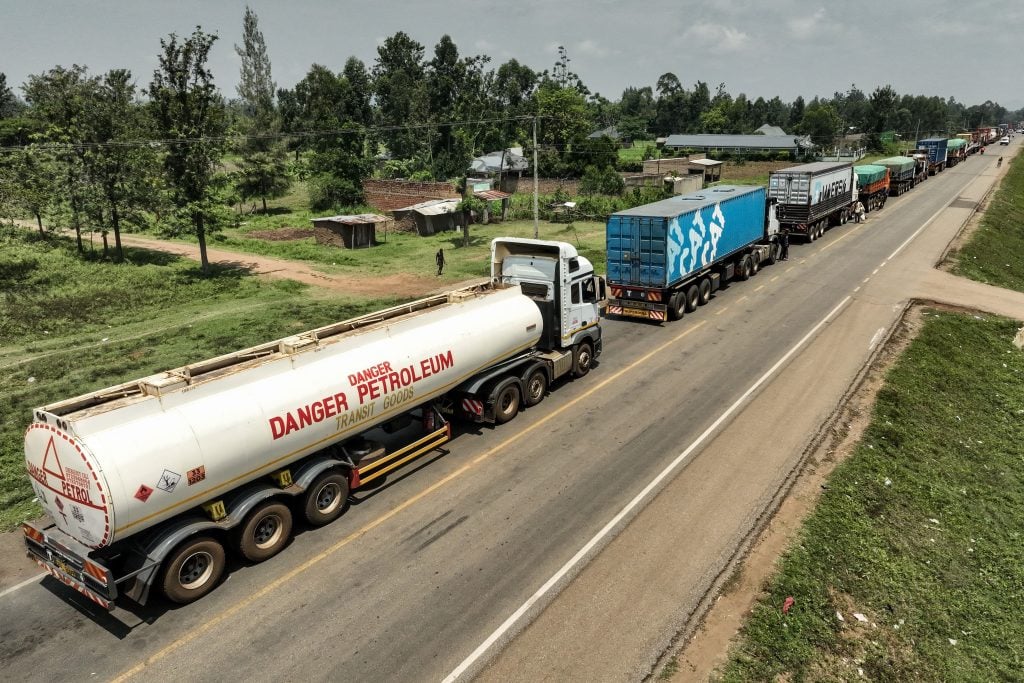

Recent Comments